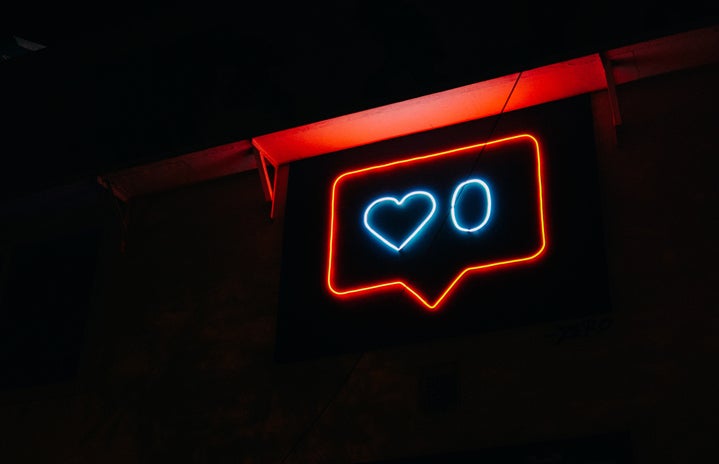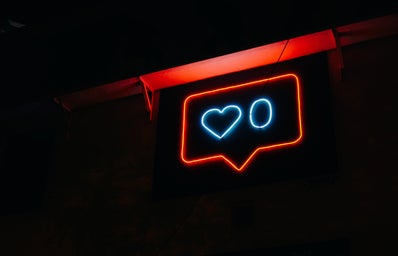This week, Georgia tackles the hugely detrimental societal expectation that is placed on body types, regardless of gender. Often affecting most people, and especially rising due to the dependence on social media that many teens have, this issue has become increasingly prominent.
Mindlessly scrolling through TikTok one night, I stumbled upon a video about the actress, Sydney Sweeney, and how her body type is now ‘trending’ because of her recent nude scenes in the hit TV show, Euphoria. Delving further into related uploads, I noted that there was a culmination of posts, where women express their excitement that their body type was finally in the social media limelight. One even expressed regret after having a ‘breast reduction’ to fit in with the ‘small boob’ trend, only for Sweeney to turn the trend on its head. She continued to complain how ‘why couldn’t Euphoria have been a trend when I was in high school?’
Although this TikTok may have been a light – hearted joke, it really made me think about how toxic the body trend loop is, and how it is simply a vicious cycle that forces women to turn against one another. Another TikTok user commented that this trend has given her ‘body dysmorphia’.
The severity of the comments shocked me, especially considering that these users were often as young as thirteen.
Although most of us are guilty of attempting to do the #thighgap challenge or the #kyliejennerlip challenge, a whopping 87% of us actively scrutinise our bodies, comparing them to the ‘idealistic types’ seen on social media.
Further, studies reveal that social media is the sole cause in influencing how women view their bodies. Therefore, posting a TikTok celebrating that your body type is finally being appreciated may be trivial, but it marginalises the women without this type. We shouldn’t be adding to the ‘jokey’ discourse that fuels the rotation of body trends. Ultimately, it makes many women feel uncomfortable within their own skin. Nowadays, it seems impossible to win.
Why are body parts seen as commodities? Who even decides what bodies are in ‘trend’ every month?
It’s exhausting to always question what is ‘in’ and what is ‘out’ in terms of our own bodies.
It is not only women, but men that are negatively affected by viral body trends. Hegemonic masculinity entails the ideology that men should be the most masculine that they can be, including having strength, a muscular body and a lack of emotion. James McVey, a member of the band ‘The Vamps’ recently revealed his battle with this ideology, and how it almost cost him his marriage. Speaking out on Loose Women, he shared his experience with body image and how he underwent liposuction at the mere age of 20, even though he was clinically underweight.
He continues to describe how he was constantly pinned against his bandmates, who were more ‘conventionally masculine’ as they were more naturally muscular. McVey felt a pressure to conform to a social stereotype fed by Instagram, constantly seeing men posting about the gym, bulking and putting on muscle.
Instead, we need to see the good, the bad and the ugly. We need to realise what is real and what is not. We need more advocates for a positive, whole representation of body image and the truth stripped bare. Instagram accounts that showcase honest depictions and emphasise that social media is not a reality are key to changing the way we view ourselves.
Here are two of my favourites that promote happy, comforting vibes:
Dr Alex George: a doctor and former love island contestant, promotes loving your body regardless of fluctuations – which are realistic and natural through one’s years. He recently shared a shirtless snap at the gym on his Instagram, hitting back at stigma in the caption: ‘fat shaming and weight shaming should never be a barrier for exercise’.
Mik Zazon: an Instagram influencer that pioneered the hashtag #normalisenormalbodies. Acknowledging that a lot of Instagram is photoshop, face-tune and filters, Zazon uses none, instead preferring to showcase herself in a raw, natural way that many of us are too scared to do. She snaps her stretch marks, razor bumps and cellulite in a bid to make us normalise things we all have, instead of making them a taboo topic on social media.
On a final note, although some people on TikTok are dying to have Sydney Sweeney’s body (which is beautiful, there’s no doubt in that) it has to be noted that she was bullied in high school for having big boobs at a young age. So, I rest my case: we can’t win, so love the body you have!
<3


